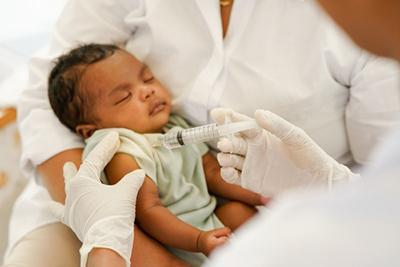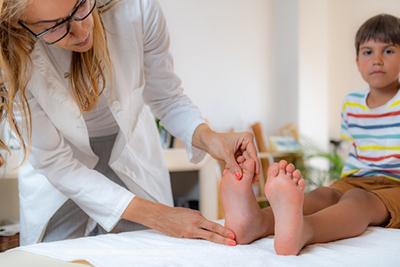
-
When Should You See Your Pediatrician?
posted: Apr. 09, 2024.

-
How Often Should My Child Be Seeing a Pediatrician?
posted: Apr. 01, 2024.

-
What To Expect at a Behavioral Health Evaluation
posted: Mar. 07, 2024.

-
The Importance of Regular Well Visits
posted: Mar. 01, 2024.

-
The Importance of Early Childhood Vaccinations
posted: Feb. 07, 2024.

-
How Sports Physicals Contribute to Injury Prevention
posted: Feb. 05, 2024.

-
Childhood Obesity: Causes, Risks, and Strategies for Prevention
posted: Feb. 01, 2024.

-
The Importance of Prenatal Care
posted: Jan. 26, 2024.

-
Best Ways To Prevent Ear Infections
posted: Jan. 07, 2024.

-
The Role of Pediatricians in Early Childhood Development
posted: Jan. 01, 2024.

-
Promoting Mental Health in Children
posted: Dec. 07, 2023.

-
Tips To Help Your Child Eat Healthier
posted: Dec. 01, 2023.

-
Sports Injuries in Kids: Prevention and Treatment
posted: Nov. 07, 2023.

-
The Importance of Well Care Visits for Adolescents
posted: Nov. 01, 2023.

-
Asthma Prevention: A Pediatrician's Guide to Respiratory Health
posted: Oct. 06, 2023.

-
Why Is A Sports Physical So Important?
posted: Oct. 01, 2023.

Our Location
Office Hours
Monday:
8:30 am-5:00 pm
Tuesday:
8:30 am-5:00 pm
Wednesday:
8:30 am-5:00 pm
Thursday:
8:30 am-5:00 pm
Friday:
8:30 am-5:00 pm
Saturday:
Extended Hours
8:30 am-12:00 PM
Sunday:
Closed
